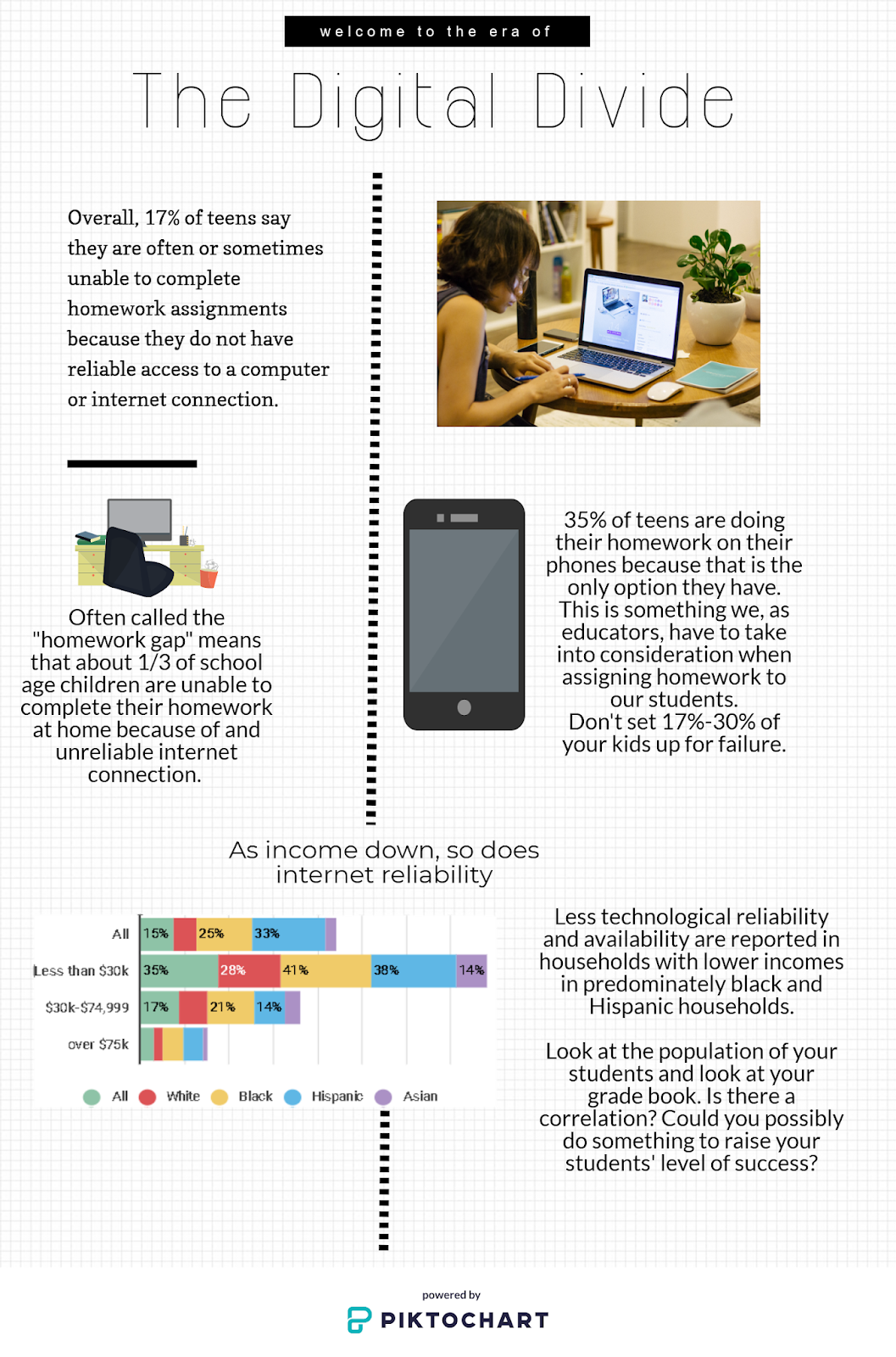"Persepolis: The Story of a Childhood" by Marjane Satrapi
Satrapi, Marjane. (2003). Persepolis: The Story of a Childhood.
New York, NY: Pantheon Books. ISBN: 0-375-71457-X
This book made me realize how
little I really know about how war works. I am a product of a fairly peaceful
nation (any wars I am familiar with took place over-seas) and so this showed me
a completely different perspective of what could have been my childhood. Up
until recently, the US has kept most war violence on foreign shores, but there
has been a lot more violent activity here than in the past. After reading this
book about Marjane Satrapi’s childhood of occupation and suppression, I
wondered if that is the type of place my daughter will grow up in, or more likely
my granddaughter. Will she be prepared?
Will she be as quick-witted and determined as Satrapi was in her youth?
Satrapi was a feisty child! She
read about war, studied the history of her homeland in a way most children find
punishing and involved herself in war-efforts whenever possible. Seeing her family
struggle, but never let the struggle tear them apart, made me a little
emotional. It struck me as unfair that they had to endure so much strife in their
lives. Lack of safety, food and the constant concern for their friends and
family could easily have destroyed a family and blackened their dreams, but hers
didn’t falter and kept on fighting the good fight! Since the illustrations are
very simple and dark, black and white, they take some of the violence out of
the story. They dull it down to suit a young reader so that the reader isn’t
overwhelmed by the sorrow present in so many characters.
The ending of the graphic novel was
moving. The last cell shows Marjane looking back at her parents as they send her
off to Austria for a better life. She sees her father carrying her distraught
mother away and wishes she hadn’t looked. They managed to hide most of their
pain from her and I think that made her feel very tough like she thought they
were. Seeing them at this weak point had to be very painful for her.
Overall, this book was a very quick
read but will sit in my mind for a long time when I do simple things. Buying
groceries, putting gas in the car, wearing a favorite rock band t-shirt or even
running to the Post Office with a messy, uncovered bun. These things we all
take for granted, but I think reading a book like this, from a perspective like
Satrapi’s can help people to appreciate the lives of ease many of us have.
Buy this Book! One strong woman interviews another!


Comments
Post a Comment